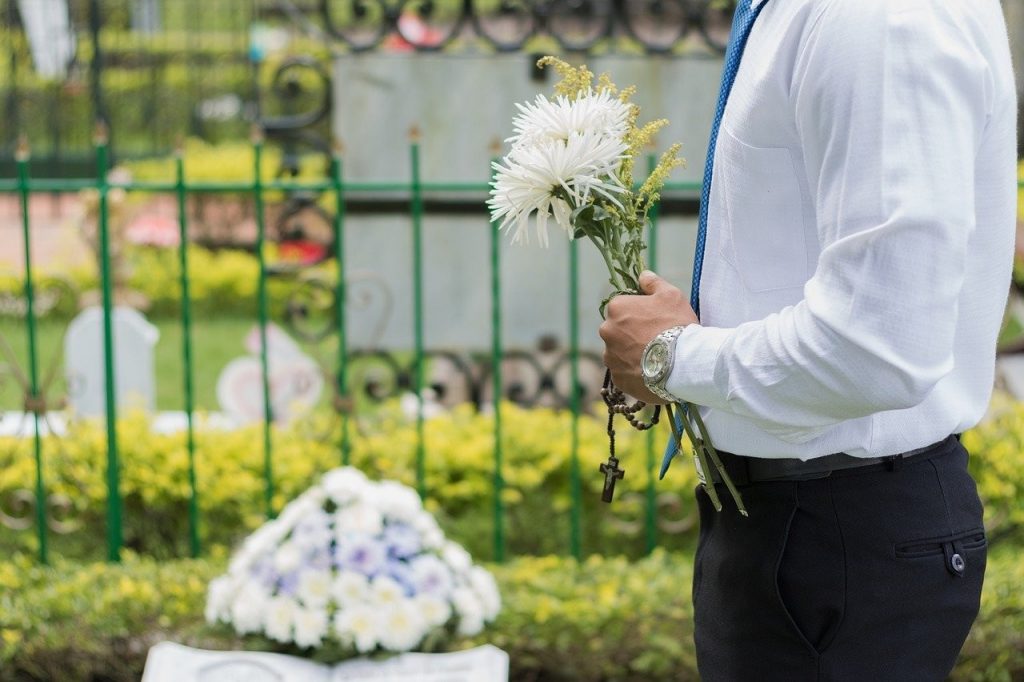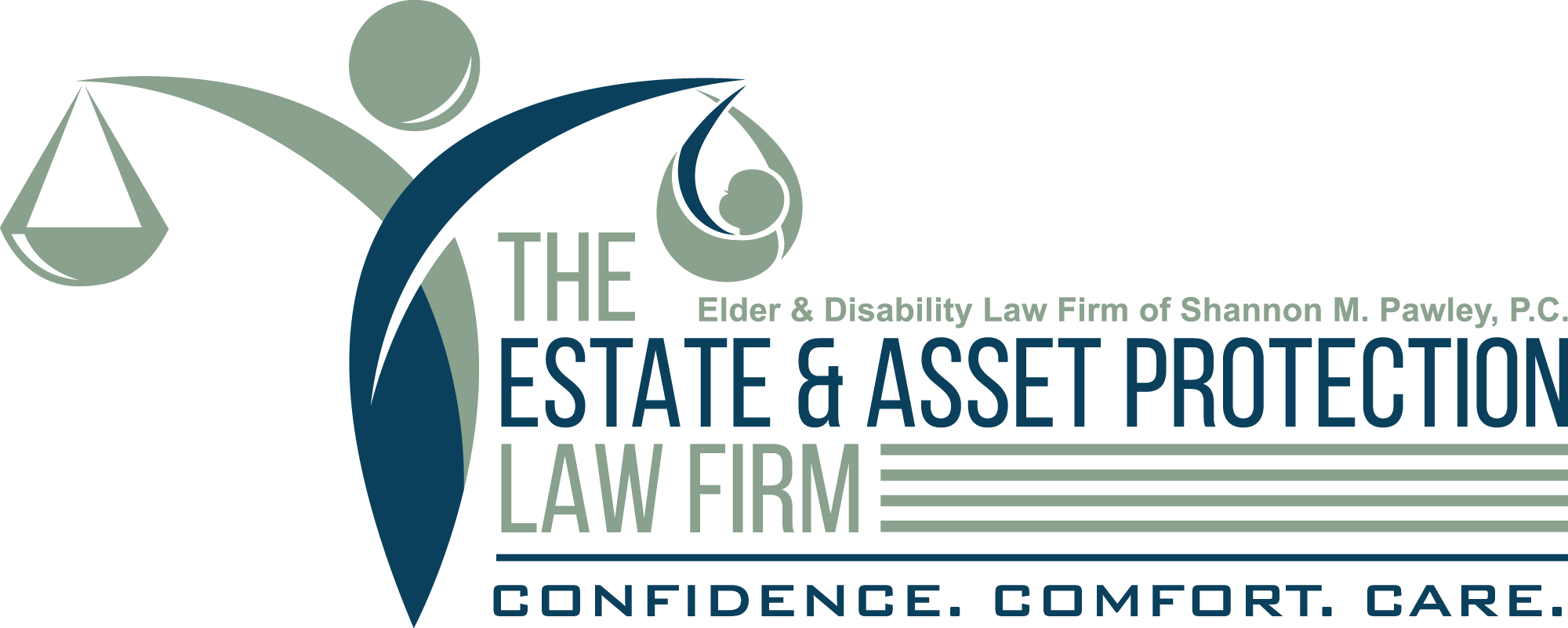Elder Care Law: What To Do And What To Expect After A Loved One Has Passed

Here in the U.S. people don’t typically talk about or think about elder care law or death as much as some other countries and cultures do. However, I do think that the reluctance to discuss the topic has been somewhat diminished with the sudden unexpected deaths of so many during the last year due to the global COVID-19 pandemic. Suddenly, we are all faced with mortality. And those who had to deal with the death of a loved one unexpectedly may not have had a moment to consider what tasks would need to be completed and what events one would expect to happen within the first few days and weeks after the passing of a loved one.
When It Comes to Elder Care Law, Conversations About Death Are Becoming More Common
Questions about death and dying are being brought up more and more frequently in our law firm as people are more focused on drawing up wills and estate and asset protection plans in this time of such great uncertainty. Images of death and dying and discussions about potentially dying are becoming topics of conversations among family and friends. However, the more practical side is yet to be discussed. The nuts and bolts of what kinds of things that need to be done right away, within the first few days and weeks are important especially if your loved one dies at home. If they are in a hospital, nursing home, or any other facility, the staff will know what to do.
Legal Tasks That Must Be Done Quickly
Since COVID-19 has brought mortality right to the forefront of our consciousness, it’s a good idea to brush up on a few legal tasks that must be accomplished in a timely manner. If you don’t need the information in the near future, perhaps someone you know will and you’ll be able to help inform them.
Get a Legal Pronouncement of Death
As soon as possible, the death must be officially pronounced by someone in authority like a doctor in a hospital or nursing facility or, if at home, a hospice nurse. This person also fills out the forms certifying the cause, time, and place of death. These steps will make it possible for an official death certificate to be prepared. This legal form is necessary for many reasons, including life insurance and financial and property issues.
If your loved one passes at home and is not attended by hospice, arrangements should be made according to local laws. You might want to find out what the local laws are. Often that means calling 911, and having police do an investigative report and arrange for someone to pick up the body as soon as the family is ready.
What to Do Within A Few Weeks of Death
When grieving over the sudden loss of a loved one, it may feel overwhelming to handle the many things that are important to accomplish within the first few weeks. If you have an estate and asset protection plan, your attorney can help with some of the tasks. In many cases, friends and family members may be able to help accomplish some of the following tasks if relevant to your circumstances.
- If your deceased loved one was receiving Social Security benefits, you need to contact Social Security at 800-772-1213 to make sure they are aware of the loved one’s passing, and to stop their Social Security payments.
- If your deceased loved one was receiving Veteran Benefits, you need to contact the VA (800-827-1000) to make sure they are aware of the loved one’s passing and to stop continued benefit payments.
- You will need a death certificate and policy numbers to make claims on any policies life insurance policies. When contacting the life insurance institutions to make a claim, you want to ask for a Beneficiary Claim Form.
- To prevent identity theft, you will want to send copies of the death certificate to three major credit agencies: Equifax, Experian, and TransUnion.
- Contact banks and financial institutions. If your loved one left a list of accounts and passwords, it will be much easier to close or change accounts. You will need a copy of the death certificate if the person did not leave a list. While talking with the financial institutions, confirm if there may have been a Transfer on Death beneficiary declared by the deceased loved on their accounts.
Solace Can Come From A Little Awareness
It is never easy to lose someone we love, especially unexpectedly during this pandemic. So, please, take your time and grieve your loss. If you need help, reach out to family and friends. I hope the information in this article helps if you are faced with this situation. Sometimes simply knowing which foot to put in front of the other in times like these can provide a bit of solace.
Looking to find an experienced estate lawyer in the Georgia area who is skilled in asset protection and estate plan preparation? Shannon Pawley is an attorney in Georgia with expertise in estate planning and asset protection. Shannon can provide assistance with creating an estate plan to include making a will and how to establish a trust properly. If you have questions about asset protection or questions about making an estate plan, reach out to Shannon and she will be glad to help answer all the estate planning questions you might have!







